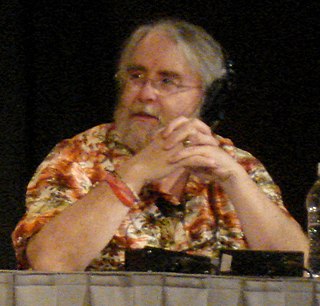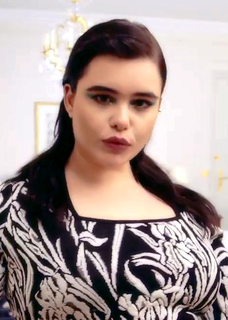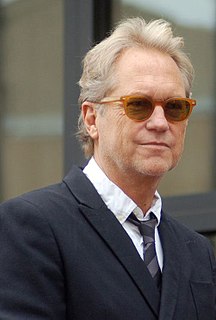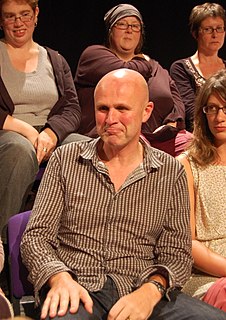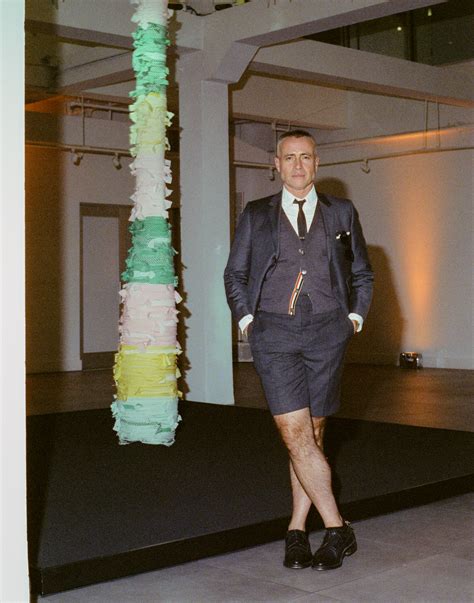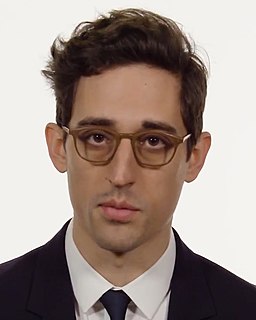A Quote by John Malkovich
The most evocative thing to me is probably when a writer and a group of performers can collectively put together something compelling that asks the really simple question: 'How do we live?'
Related Quotes
When you have half of Caironese in slums, when you don't have clean water, when you don't have a sewer system, when you don't have electricity, and on top of that you live under one of the most repressive regimes right now... Well, put all that together, and it's a ticking bomb. It's not of a question of threat; it is question of looking around at the present environment and making a rational prognosis.
On some positions, cowardice asks the question, is it expedient? And then expedience comes along and asks the question, is it politic? Vanity asks the question, is it popular? Conscience asks the question, is it right? There comes a time when one must take the position that is neither safe nor politic nor popular, but he must do it because conscience tells him it is right.





